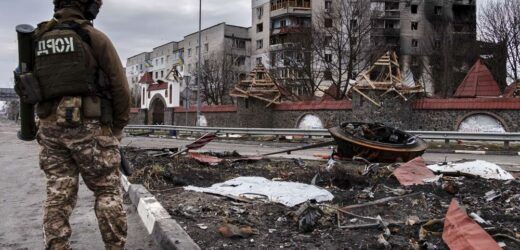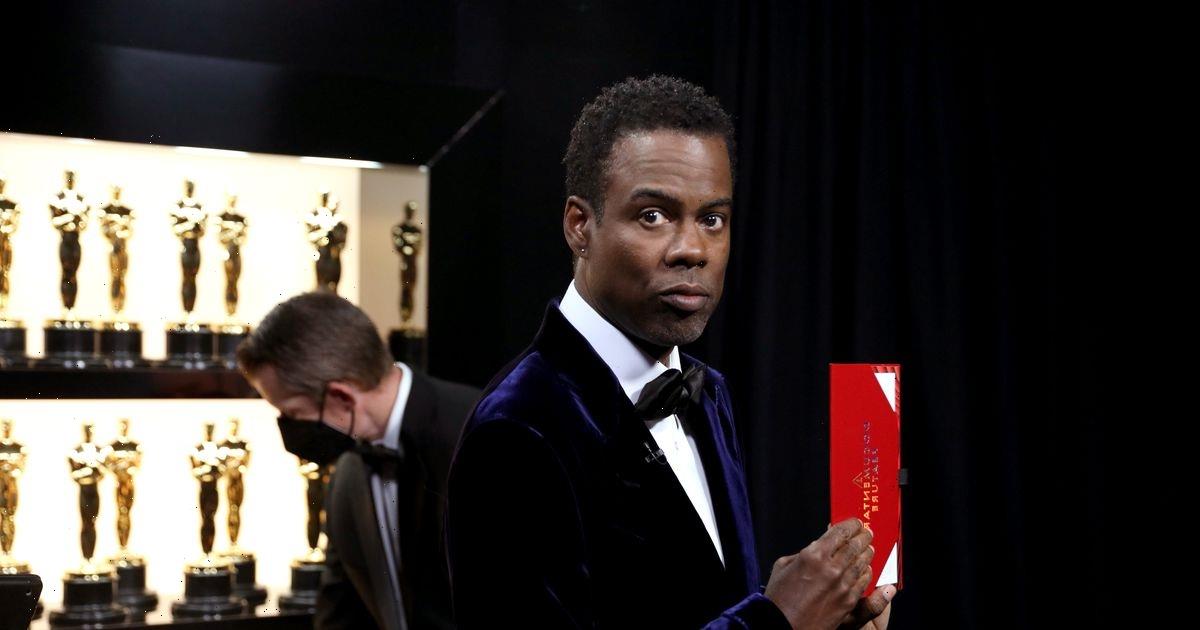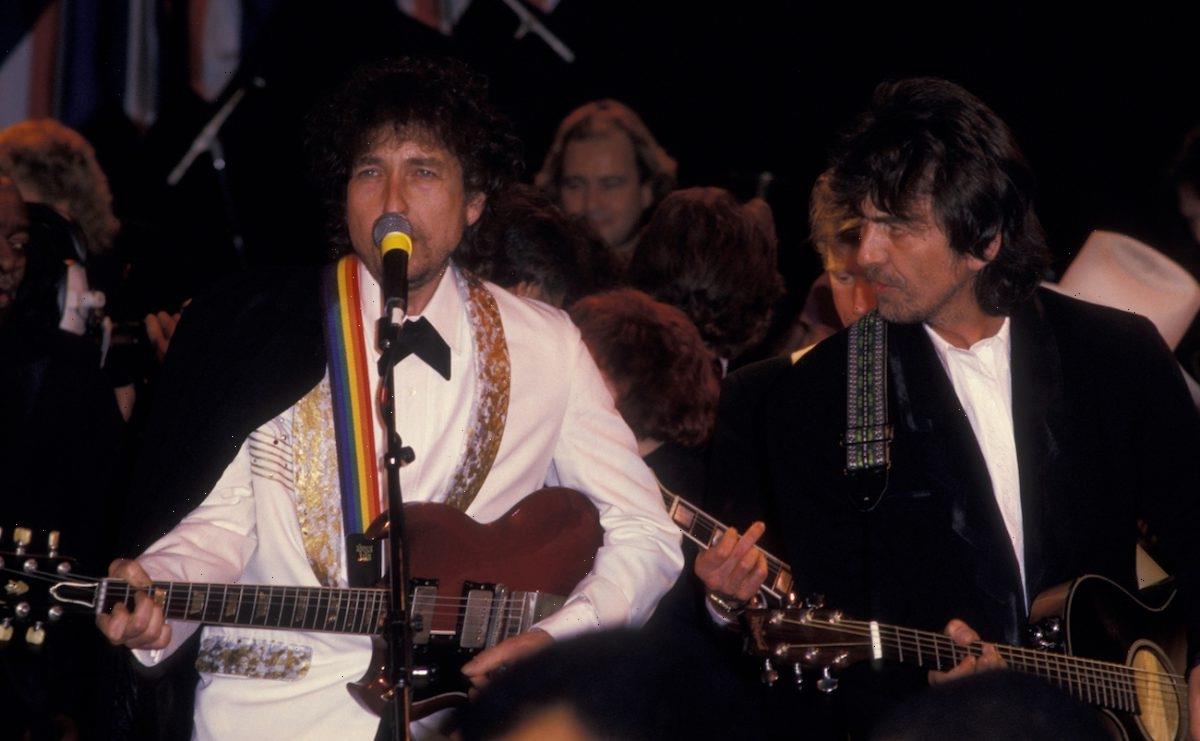Last week Darya Bassel, the curator of Docudays UA’s industry platform, returned to her home in Kyiv and found herself smiling “like a crazy person” to be back at work and resuming something of a daily routine. “I’m still sitting 12 hours a day with my laptop,” she said during Slava Ukraini, an early morning session that kicked off Day 2 of Hot Docs’ Industry LIVE conference.
“There are just some additional tasks on my to-do list,” she continued. “I never thought that I would ever deal with ordering bulk flak vests or medical kits for filmmakers.”
Docudays UA’s International Human Rights Documentary Film Festival, which usually takes place in March, may have been postponed due to the Russia-Ukraine War but its efforts to support the Ukrainian filmmaking community are ongoing—and include ensuring members of that community remain not just visible but active participants at high-profile international events.
During the Hot Docs session moderated by IDFA artistic director Orwa Nyrabia, filmmaker Alina Gorlova, whose 2020 film “This Rain Will Never Stop” won the IDFA Award for Best First Appearance among numerous accolades, said decision-making is hard right now.
“My team, which is several DOPs and directors, gets many requests from different TV channels, but we have decided to create a movie from the material we are shooting, although it’s hard to know what format it should be. We decided to stay here, to help people with humanitarian aid—but what could we do actually? I’m not a fighter, I couldn’t cook. Probably I should film.
“It’s very important to film what’s going on right now, because in the future we will need this material.”
Oksana Karpovych, whose doc debut “Don’t Worry, the Doors Will Open” screened at Hot Docs in 2020, said she has to reassess her role as a filmmaker in these new and “horrible” circumstances. “I learned that it’s normal to doubt your position and many people go through this sort of identity crisis: What is my specific role in war time? How do I act as a civilian, as a filmmaker?”
“I’m process-based and research-based,” Karpovych continued. “I always reflect and observe before I shoot so that’s why I felt lost; but it was the craziest thing to just sit and do nothing.”
The international media in Ukraine has a constant demand for local producers, so Karpovych, who had never worked in the media, decided to take on this work in order to be as close as possible to the frontline. “On the other hand, it was important to learn how to act and how to behave and work in these new conditions that were absolutely unfamiliar to me,” she said. “I learned how to communicate to military, how to be safe in these new circumstances.” Karpovych is now applying the knowledge she gained working alongside media war-zone veterans to her own creative projects.
“Many documentary filmmakers as well as people who usually work in fiction took up cameras immediately, even though, at the time, the majority of the Ukrainian population did not expect that this war would grow to this scale,” said Bassel. “Many Ukrainian filmmakers were prepared because they went through the (2014) Revolution of Dignity—they knew what was going on, they know what to expect.”
Bassel recently came across an old message from a filmmaker requesting several hard drives. “He said, ‘I need two hard drives, and if the war is going to be longer then I need a bit more.’ Now everybody realizes it’s going to be much more than 10 days.
“Something important is happening right here, right now, and they are in the middle of this,” she continued. “It is an exciting feeling, but on the other hand, people are tired and burnt out.”
Many filmmakers have been working for no pay and, as Gorlova pointed out, international interest from broadcasters will be helpful. “It will be hard to finance everything from the Ukrainian film fund. I am sure that directors who decided to move to other countries will be able to finish their films, because they have a strong desire to keep Ukrainian cinema alive.”
Ukrainian filmmakers are not in the position of developing perfect presentations or taking part in competitions, Karpovych added. “We need support immediately. We need funds that are not exactly what they were before. There are new lines in our budgets—we need flak jackets. So we need support immediately because we are here, and we are filming right now.”
On Day 3 of the conference, at Hot Docs’ inaugural Works-in-Progress screening, Ukrainian filmmaker Yuliia Hontaruk presented, publicly for the first time, several minutes of “Company of Steel.” The film, production of which has been supported by state and private financing, follows three young Ukrainian war veterans who return home and try to lead a normal civilian life.
“This is a film about the new Ukrainian generation and the development of a civil society,” Hontaruk said in a videotaped introduction. More than a thousand hours of material, filmed over several years, was edited to a seven-hour cut in 2021. “Then two months ago, the Russian war began, and all our characters have now gone to fight,” she continued.
The team decided more shooting was needed, and the plan is to integrate that and lock the picture in July, while looking for financing for the post-production and for a sales agent.
The film is produced by Hontaruk, Ivanna Khitsinska, Alexandra Bratyshchenko, and Igor Savychenko, with productions companies Babylon 13 Production LLC and Directory Films LLC (Ukraine).
“Company of Steel” is one of four projects in the development stage that will be presented by Docudays UA, in cooperation with the Ukrainian Institute, at the Ukrainian Showcase @ Cannes Docs on May 21 at the Marché du Film within the Cannes Docs section.
Source: Read Full Article


